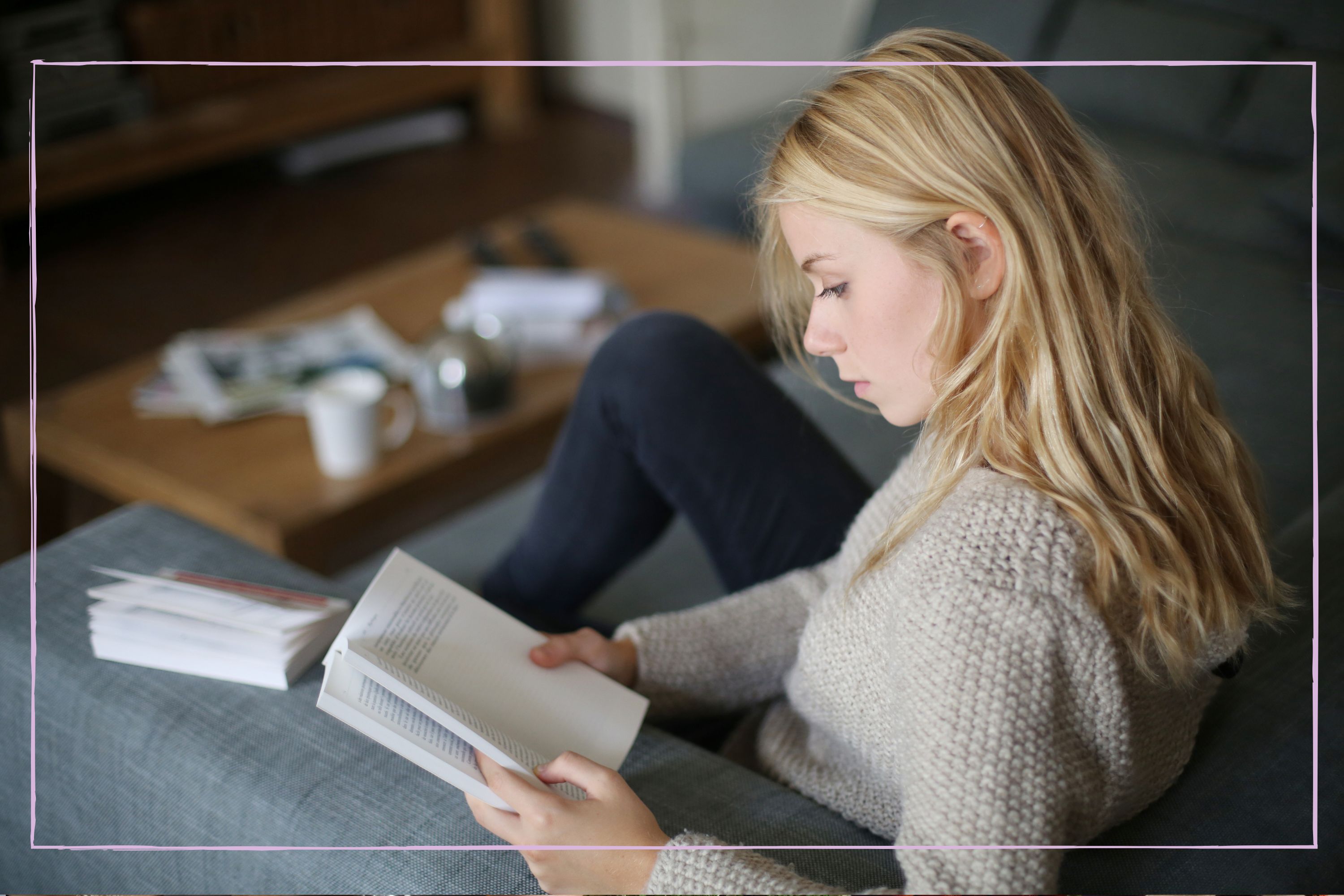BookTok is recommending 'explicit' and 'violent' reads to teens warn experts - here are 3 tips for keeping kids safe from mature content
Lots of kids are enjoying the book recommendations they get online, but many are being exposed to what users call 'spicy' reads

A school counsellor has issued a warning to parents whose tweens and teens are fans of TikTok's 'BookTok' content, with many of the recommendations they go on to read including 'explicit' and 'violent' content.
Reading is something every parent wants their child to do more of. Your kid's childhood was likely full of you teaching them how to read, trying out activities for kids who struggle with reading and thinking up responses for when kids say ‘I hate reading’.
So with TikTok's BookTok section taking off, and more kids than ever before consuming the book-centric content many users are putting out, it's great news, isn't it? Kids are reading more thanks to the recommendations made by peers and experts online, and they're enjoying getting their nose into a book even without any pressure from their parents to do so!
But one school counsellor has now warned parents about the content of many of these book recommendations, sharing that they often include 'explicit' and 'violent' content.
Olivia Carter, a school counsellor from Missouri, has revealed that popular teen books shared on TikTok like the currently trending novel Icebreaker are what BookTok users call 'spicy' reads - a polite way of saying they contain graphic descriptions of sex.
Speaking to Mashable, she shared that the main issue is that the book's cover makes no hint at its graphic storyline with a cute design hiding the 'explicit or violent content' from a teen's parents. So, Caroll says, parents truly cannot judge a book by its cover when it comes to something recommended by BookTok and, along with Mandie Caroll, a books editor for Common Sense Media, has shared her top tips for parents who want to help their child safely navigate content on BookTok.
1. Check the contents of a novel before your teen purchases it. To do this, the counsellor says you can flip through the novel or turn to websites like Goodreads and and Wikipedia which often outline the plot and include any warnings for explicit content.
GoodtoKnow Newsletter
Parenting advice, hot topics, best buys and family finance tips delivered straight to your inbox.
2. Talk to your teen about the themes of a book. If your child is often on BookTok, the expert recommends to remind them that they may be exposed 'to books with scenes that are violent, sexual, or make them uncomfortable' and says to tell the child that should they come across anything like that, they can talk to them about it freely. You may need to outline what you believe to be violent content as, with OFCOM revealing that violent content has become a normal part of children’s online lives, your teen may not know when they're crossing a line.
Similarly, Caroll says parents could use these 'violent' and 'explicit' books to start a non-judgemental conversation with their child, helping them to understand their own limits when it comes to what they're reading. She says to highlight 'the physiological signs that a book is too extreme or mature for them' like 'feeling sick to their stomach, or experiencing a racing heart, tense shoulders, or nightmares.'
3. Simply ask, "What are you reading today?" It can feel overwhelming to interrogate a teenager who often tunes you out or speaks in teenage slang you can't decipher, but the simple question "What are you reading today?" can go a long way in at least starting a conversation about the content they're consuming.
In other family news, the myths of only children have been debunked as study reveals no reliable scientific evidence that being an only child affects ‘personality, behaviour, or well-being’. And, would you pay your kid for their GCSE grades? This mum claims her son is 'genuinely motivated' by her 'results reward strategy'. Plus, is your tween angry, entitled, and rude? Teenage expert reveals why this is happening earlier than you might expect (and it has nothing to do with hormones).
Charlie Elizabeth Culverhouse is a news writer for Goodtoknow, specialising in family content. She began her freelance journalism career after graduating from Nottingham Trent University with an MA in Magazine Journalism, receiving an NCTJ diploma, and earning a First Class BA (Hons) in Journalism at the British and Irish Modern Music Institute. She has also worked with BBC Good Food and The Independent.